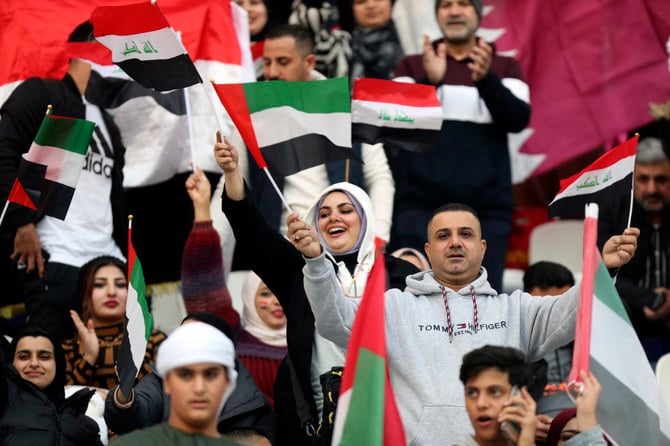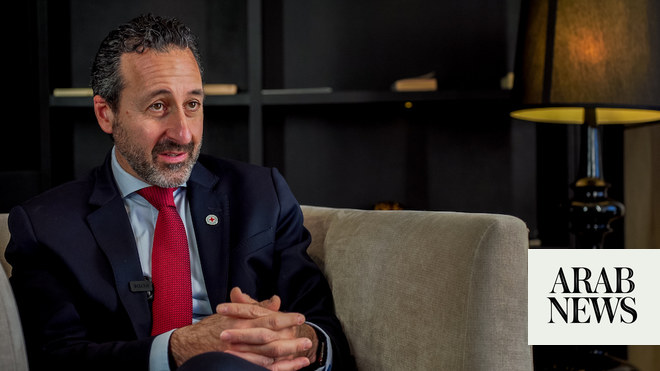
The streets of Tel Aviv have seen a series of recent protests aimed at stopping a project by the municipality. The project in Jaffa consists of excavating historic Muslim graves in order to build a homeless shelter for Jewish Israelis. It is part of a plan by the right-wing Israeli government to erase Arab heritage. Most importantly, it represents a blunder in attempts to encourage peaceful coexistence between Jews and Palestinians in Israel.
The Netanyahu government is pushing the Arab community into a corner by denying its rights and constantly attacking its heritage. It is emboldened by the Donald Trump White House, which basically rubber stamps all of Netanyahu’s wishes and whims, from unilaterally declaring Jerusalem to be the capital of Israel to acknowledging the annexation of the Golan Heights and proposing giving Israel a large swath of land in the heart of the West Bank, making a Palestinian state an impossibility. Though efforts to change street names have been going on for a while, they have accelerated recently. Netanyahu wants to seize the opportunity of having Trump in office and would like to set a precedent that will be difficult to reverse.
Jaffa’s contested Al-Isaaf cemetery, located next to the Ottoman clock tower, covers only 800 square meters. However, the Israeli authorities have made concerted efforts to remove the graves in a sign of defiance to the Palestinian community.
In 2018, the Israeli antiquity authorities excavated the area and found the 18th century cemetery. After the discovery, the authorities were urged to stop the excavation. In October of the same year, the Muslim community renovated the graves, reburied the bodies and added tombstones, only for them to be demolished shortly after by the municipality. Last year, the community appealed to the courts in a bid to stop the demolitions and end the project. However, a January ruling fell in favor of the municipality. Last month, the municipality, accompanied by soldiers, started the process of demolishing the cemetery. This sparked protests by the Palestinian community. Muslims and Christians alike gathered in rejection of the decision, forcing an Israeli court to halt the work until a hearing on July 22.
Palestinian citizens of Israel can never expect justice or equality in a system that does not accept them as Arabs or as Palestinians.
Dr. Dania Koleilat Khatib
A delegation representing the Greek Orthodox Church visited the cemetery, with Bishop Atalla Hana saying: “Our roots run deep in this land and any assault on an Islamic cemetery is also an assault on a Christian cemetery.” The protesters were also joined by Jewish activists, including Rabbi Eliyahu Kaufman. He issued a statement in which he called on peace and human right activists to join the protest and show solidarity with the Arab community in order to preserve the cemetery.
The Jaffa project comes as part of a larger plan by the Netanyahu government to erase Israel’s Arabic history. It is an attempt to Judaize Jaffa and erase its Islamic heritage. It is an attempt to finish off Jaffa as a city and make it part of Tel Aviv. According to Arab Member of the Knesset Sami Abu Shehadeh, the issue of Al-Isaaf extends beyond the premises. Following the 1948 Nakba, Israel confiscated sacred Islamic places such as cemeteries and mosques, as well as commercial shops. Israel deals with the land and buildings it has confiscated as its own property. The issue is not whether it can afford to or has the space to relocate the project; rather it is that Israel does not want to create a precedent that would open the door for the Arab community to make more claims in historic Palestine.
Abu Shehadeh says Al-Isaaf is not the first cemetery that has been turned into a real estate project. Abdel Nabi cemetery was destroyed to make way for the Hilton Tel Aviv hotel and the authorities used the cemetery of Moanes to build an extension for Tel Aviv University. The problem is that Israel’s governments, especially since Netanyahu came to power, look at Arab citizens as enemies, viewing any claims to their heritage as an infringement on the Jewish identity of the land that, from their perspective, extends over the entirety of historic Palestine. Therefore, Palestinian citizens of Israel can never expect justice or equality in a system that does not accept them as Arabs or as Palestinians. They use the courts for technical issues, but the courts do not acknowledge their claims to the land as indigenous people — hence, they can never seriously use the system as a source of justice.
The Al-Isaaf issue is more than a reflection of the struggle between Muslims and Jews or Arabs and Israelis. It is a reflection of the struggle between people who believe in coexistence and people who want to eliminate the other. More than being a danger for the Palestinian community in Israel and its heritage, it is a danger to Israel’s leaders themselves, who one day will have to look in a mirror and ask themselves: Who are we? The other question is: Can we go on like this?
The world is witnessing a revolution that many have described as the end of the post-colonial era. People are demanding equality. The world will no longer accept Netanyahu’s apartheid style of government. Though the actions of the Israeli government are horrendous and do not signal any attempts at peace, the support offered by the Israeli Jews who refused such actions represent a ray of hope that change is possible inside Israel. The country’s policymakers should look at the changes in the world and see them from a pragmatic point of view. It is better for them to change now and relinquish their efforts to subjugate the Palestinian community inside Israel and in Palestine than be forced to do so by the international community sometime in the near future.
Dr. Dania Koleilat Khatib is a specialist in US-Arab relations with a focus on lobbying. She holds a PhD in politics from the University of Exeter and is an affiliated scholar with the Issam Fares Institute for Public Policy and International Affairs at the American University of Beirut.
Disclaimer: Views expressed by writers in this section are their own and do not necessarily reflect Arab News" point-of-view












